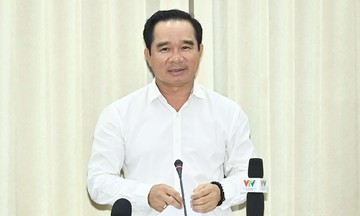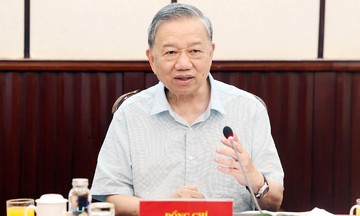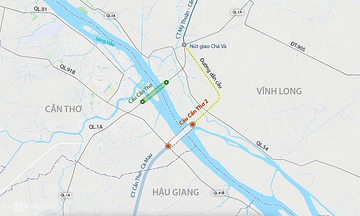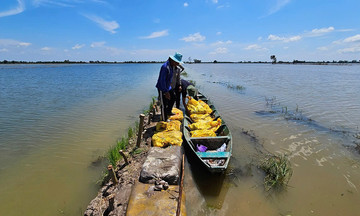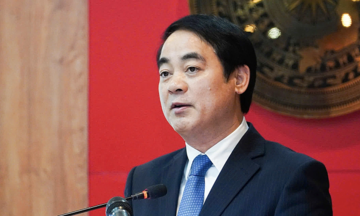On the morning of 9/9, at a meeting with ministries and sectors on selecting one to three strategic tech products for immediate development, deputy prime minister Nguyen Chi Dung emphasized the importance of mastering core technologies.
He noted that while many businesses have registered to participate, large enterprises with extensive experience and research capabilities should lead the way. "The selected products must be appropriate and accurate, actionable, focused, and groundbreaking," he said.
Highlighting the importance of domestic and international competitiveness, the deputy prime minister required the selection to be based on business readiness, long-term development orientation, and the potential for global market expansion. The products must have a direct impact on production, labor productivity, economic growth, and social security.
The deputy prime minister assigned the Ministry of Science and Technology to lead the selection of strategic products, initially focusing on industry and agriculture, then expanding to education and healthcare. "Technology must be used to boost value and bring immediate and noticeable impacts on development," he stated.
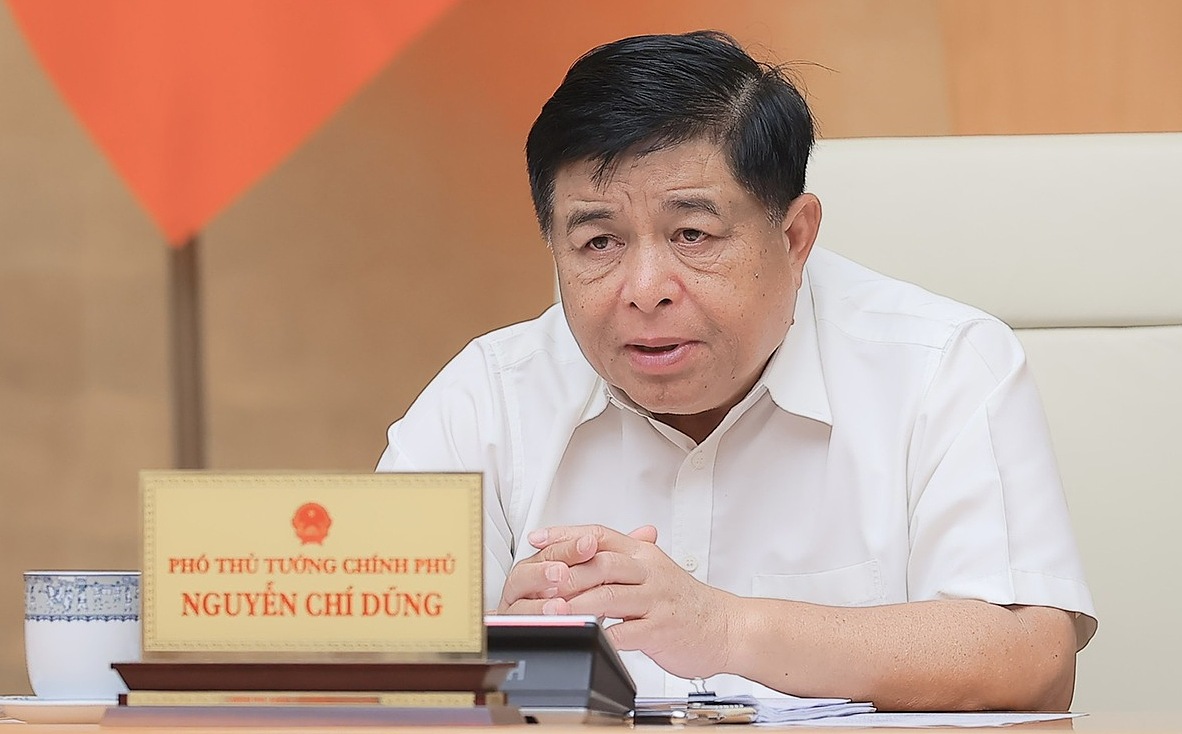 |
Deputy prime minister Nguyen Chi Dung speaking on the morning of 9/9. Photo: Thu Sa |
According to deputy minister of science and technology Bui The Duy, strategic tech products for 2025 need to be urgent, achievable quickly, have a widespread impact, and have businesses ready to participate. Priority should be given to products that can be commercialized within the year.
The Ministry of Science and Technology proposed strategic tech products based on three criteria. First, they must address major challenges in Vietnam, such as serving the goal of double-digit growth, supporting two-tiered local governments, increasing labor productivity, ensuring national defense and security, and guaranteeing social security. Additionally, the products need to be competitive, capable of import substitution, and have export potential with a sufficiently large market and early commercialization potential.
The ministry’s proposed list includes 6 products: large language models and Vietnamese virtual assistants; 5G mobile network systems and equipment; edge AI cameras; blockchain platforms for traceability and digital assets; autonomous mobile robots; and unmanned aerial vehicles. These products are oriented towards import substitution, have export potential, a large enough market, and early commercialization capabilities. Vietnam will master the design and core technologies to ensure a high level of domestic value.
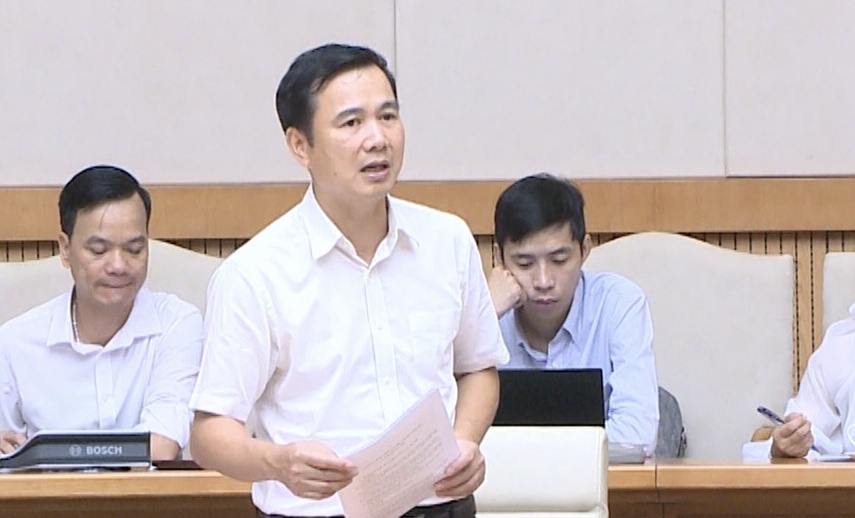 |
Deputy minister of science and technology Bui The Duy speaking on the morning of 9/9. Photo: Thu Sa |
Previously, at the March meeting of the Central Steering Committee on Science, Technology, Innovation, and Digital Transformation, general secretary To Lam requested the prompt issuance of a list of national strategic technologies and the implementation of corresponding development programs, including key research and testing centers, laboratories, and strategic industrial development investment funds.
At the May meeting, the general secretary further requested that the list be "open," regularly updated, address major challenges, accept the risks of new technologies, be based on scientific grounds and transparency, have a breakthrough mindset, and promote the pioneering role of businesses, especially in the private sector.
In mid-June, the prime minister announced a list of 11 strategic technology groups: artificial intelligence; digital twins; virtual/augmented reality; cloud-quantum-big data computing; blockchain; next-generation mobile networks (5G/6G); robotics and automation; semiconductors; advanced biomedicine; new energy and materials; rare earths-oceans-subsurface; cybersecurity; and aerospace technology.
Vu Tuan



